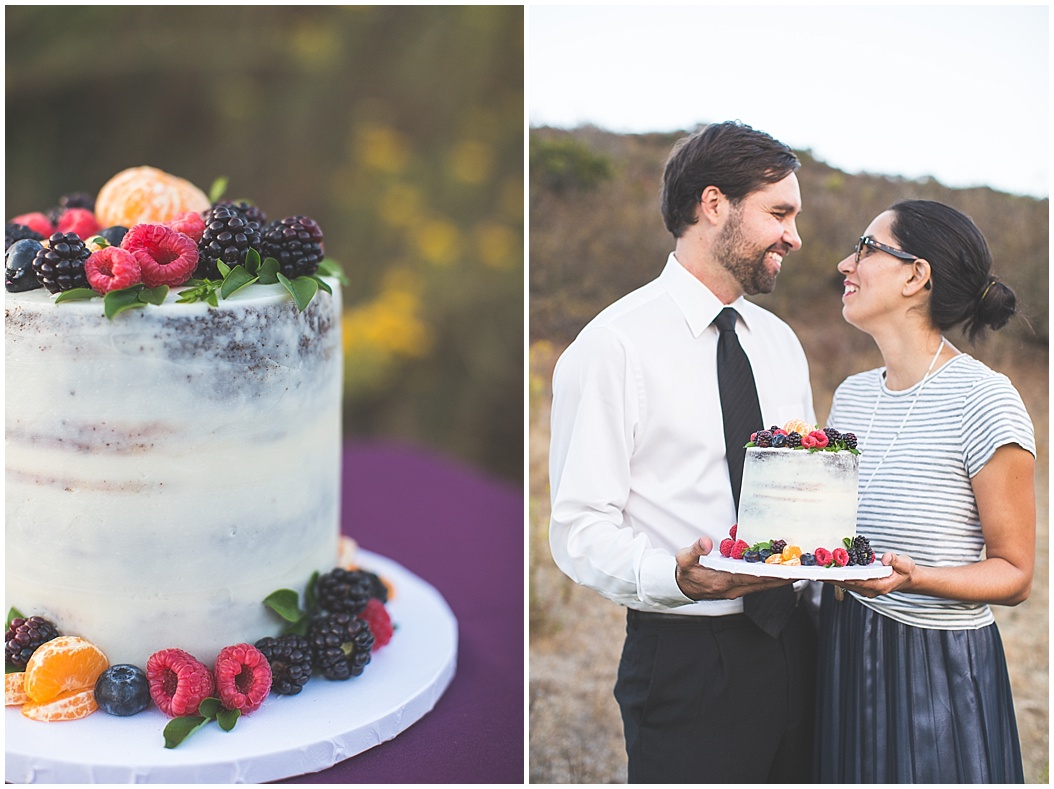Newlywed Life | A Letter to the Wife Striving to Be Like Mary.
/KATE THIBODEAU
To the wife striving to be be like Mary,
Twenty-three years old, Catholic, and married to a wonderful Catholic man seems like ad ream, one I’m blessed to experience day by day. I met my husband in college, and we became friends. In the crazy hectic time of our senior year we fell in love, getting engaged shortly after graduation.
Photography: Dennis Crider Photography, c/o Spoken Bride Vendor The Mantilla Company
In one quick and eventful year, I graduated, carried on a distance relationship, worked multiple jobs, lived alone, moved home to my parents’ house, got engaged, planned a large wedding, moved belongings into our new apartment, and married my best friend. It seems like a beautiful, chaotic whirlwind. Yet as a millennial introvert, plagued with a one-track mind and fear of change, I find myself married and unsure of what on God’s green earth I’m doing.
So much happening in my life at once was possibly God’s greatest challenge to me: a challenge to come out of my stationary existence and instead pursue greatness.
In moments of self-doubt, I still wonder how I got here. How I could be seen as worthy to be a good wife to my husband; his greatest helpmate towards heaven?
The most obvious sign my husband and I experienced in knowing we were called to this shared vocation came through daily opportunities to better our individual spiritual lives. We held each other to high standards of holiness, knowing we each desired a saintly spouse who would raise a faithful family.
During engagement, we prayed for chastity and for the strength to reach the altar as the best versions of ourselves. We appealed to the saints for their assistance and implored Mary’s divine aid through consecration. We received the sacrament of confession within an hour of our nuptials and made it to the altar in a state of celestial happiness and joyful hope for the future.
With the honeymoon over and our lives settling down from the highs and stresses of wedding planning, I realize so much has happened, and feel like I still do not know how to be a wife. I am a terrible cook, an “adequate” housekeeper, and more than a little overwhelmed by the new changes my life has undergone--trying to find a new normal.
I find myself worrying about the novelty of married life: what can I make my husband for dinner today? Would he like this painting hung here? Am I giving him the support he needs? When will we know God is calling us to parenthood? Where will we live in five years?
I find our anxieties and worries are rarely from heaven. In moments of stress, we tend to assume we are alone or that no other person could have experienced exactly what we are going through. However, that is simply not so.
My consecration to Mary in the 33 days preceding our wedding brought such peace; a peace I hope will always remind me to dismiss my negative thoughts and focus on Mary’s example.
In reflecting on the Joyful Mysteries of the rosary alone, I recall the challenges presented by Gabriel’s announcement and Mary’s forthcoming marriage to Joseph. I cannot imagine a more stressful scenario than being told you are to carry the Son of God, along with the typical changes that accompany married life.
Mary rises to the occasion without question, and with a grace-filled yes. She is the ultimate example of a selfless, worthy wife. She was not ready for such an urgent and special task and did not know how to be the perfect wife or mother. Yet her trust and faith in our Lord proved her an ideal woman, a model to all young and inexperienced wives.
The greatest takeaway from my consecration came from Mother Teresa’s prayer to Mary to “lend me your heart.” I find myself praying these words whenever I struggle with patience, stress, anxiety, or self-doubt.
To young wives unsure of what they are doing or what their new vocation entails, I encourage you to join me, asking Mary to lend you her heart.
Let her fill you with her virtue and grace to approach marriage as our husbands’ best friends and helpmates. Do not allow fear to paralyze you or doubt to detain you from serving God through your vocation. God calls us only to missions he knows we can gracefully undertake. He provides us with examples by which we can accept and rise to the occasion, with Mary’s yes as our wifely motto.
To new brides, know you are not alone. Look to Mary’s example and allow your vulnerability to help you love your husband through a season of change. I promise I will be praying along with you as we tackle the beauty of this: our vocation.
About the Author: Recently married to her best friend and partner towards salvation, Kate Thibodeau is learning how to best serve her vocation as a wife while using her God-given talents. With an English degree from Benedictine College, she strives to live the Benedictine motto: that in all things, God may be glorified. Kate loves literature, romance, beautiful music, pretty things, wedding planning, and building a community of strong Catholic women.














































